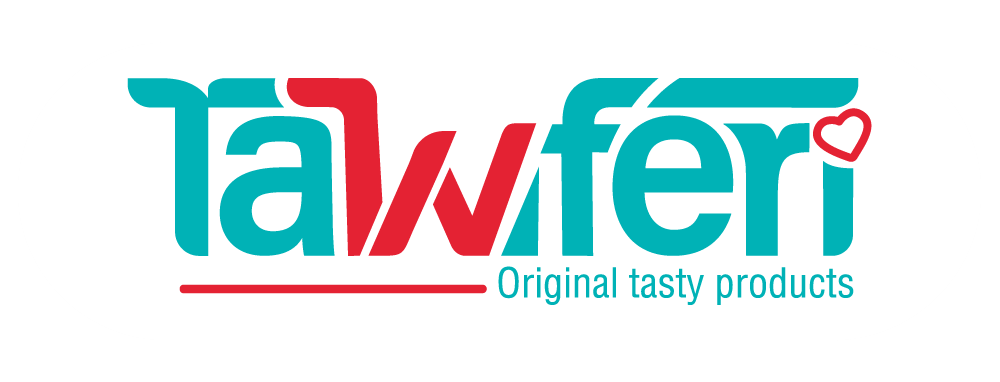
You’ve heard fiber is important, but why is fiber good for you? And how can you get enough fiber? Discover all the health benefits of this essential nutrient, the best high fiber foods, and an easy way to challenge yourself to get more fiber in your daily diet.
If you want to live a long, healthy life, fiber is a critical nutrient you need to be eating every day.
But fiber is often overlooked. And most people in developed countries aren’t getting nearly enough of it.
Could your diet be lacking fiber? Probably so.
In fact, only 3% of Americans get the recommended amount of fiber. Most Americans get about 10-15 grams of fiber per day — a number that falls far short of the 40 grams per day recommended by leading experts.
So why is fiber good for you? It aids your body in absorbing nutrients from food and eliminating toxins. It fills you up and helps you maintain more consistent energy levels. And it’s essential for healthy digestion, maintaining a healthy weight, preventing cancer and type 2 diabetes, and other proven health benefits.
Is Fiber the Real “Fountain of Youth”?
We hear a lot about the power of superfoods to extend our lives and keep us well. But it could be that fiber is better than all of them!
A meta-analysis published in the American Journal of Epidemiology suggests how powerful fiber consumption is to human health. Researchers analyzed 17 studies, including nearly a million participants, and found that every 10 grams of fiber consumed per day cut mortality risk by 10 percent.
What Is Fiber, Exactly?
You’ve probably heard that you need to eat more fiber. But what is fiber?
Fiber is found in the cell walls of plants, where it provides structure and functions as sort of as a skeleton. It’s not digestible by humans, so it doesn’t provide nutrients or calories. But it’s critical to your health anyway.
There are two types of fiber: soluble and insoluble. Each performs a different job in your body.
Soluble fiber helps lower blood glucose levels and cholesterol, and is found in foods, such as oatmeal, beans, and legumes, as well as in some fruits and vegetables.
Insoluble fiber acts like a broom, cleaning out your digestive tract, and is found in foods, such as whole grains, kidney beans, bran, and fruits and vegetables.
Both soluble and insoluble fiber are found naturally in plant foods. Meat, dairy products, eggs, and oils do not contain any fiber. And processed foods made with sugar or white flour generally contain very little fiber because any natural fiber is lost or removed.
Fiber is Necessary for Maintaining a Healthy Digestive System
Fiber is known for its ability to keep you regular and reduce constipation, but it has other benefits for maintaining healthy digestion as well.
For example, diverticulitis – inflammation of the intestine – is one of the most common age-related digestive disorders in the modern world.
According to a study published in the Journal of Nutrition, consuming foods rich in insoluble fiber has been found to reduce the risk of diverticulitis by 40%!
Fiber is Essential for Maintaining a Healthy Weight
By increasing your fiber intake by only 14 grams per day, you can reduce your calorie intake by 10 percent, while increasing your sense of “fullness” and satisfaction.
Soluble fiber mixes with water in the gut to create a gel. This gel-like substance slows the absorption of sugars into the bloodstream while triggering stretch receptors in your stomach, telling you you’ve had enough. So, you feel full and satisfied by eating the same volume of food, even when that food has fewer calories.
Fiber Plays a Critical Role in Cancer Prevention
Fiber is an essential part of your waste removal system – constantly eliminating carcinogens before they become a problem. For instance, fiber works to prevent colorectal cancer by improving intestinal transit time – literally sweeping away carcinogens.
In a study at the National Cancer Institute called the Polyp Prevention Trial (PPT), published in the Journal of Nutrition, participants were put on a high-fiber diet with an abundance of fruits and vegetables. Researchers focused on the recurrence of colorectal adenomas (polyps).
After adjusting for variables, it was found that the one food that made the most difference in whether or not participants had a recurrence of adenomas was the amount of beans they consumed. Many researchers believe this is because beans were the highest source of dietary fiber for most of the study participants.
But, fiber doesn’t just reduce the risk of colorectal cancer. It also reduces the risk of other forms of cancer as well, including cancers of the breast, prostate, mouth, and throat.
Every 10 grams of fiber you eat is associated with a 10 percent reduced risk of colorectal cancer and a 5 percent fall in breast cancer risk, according to a study published in the Annals of Oncology.
Another study published in Pediatrics showed how women who consumed 28 grams per day of fiber had a 24 percent lower risk of developing breast cancer before menopause, compared with women who ate 14 grams per day.
The women who consumed the higher amount of dietary fiber also reduced their lifetime risk of developing breast cancer by 16 percent.
Fiber Is Good for Heart Health
Many cardiologists recommend eating oatmeal for breakfast. Their #1 reason? Oatmeal is full of soluble fiber.
Researchers don’t yet fully understand the mechanisms behind fiber’s LDL (“bad”) cholesterol-lowering power, but according to a study published in the American Journal of Clinical Nutrition, the soluble fiber from oats can decrease LDL cholesterol without affecting HDL (“good”) cholesterol.
In a review and meta-analysis of 22 different publications in the BMJ, greater dietary fiber was found to be associated with a lower risk of both cardiovascular disease and coronary artery disease.
High-fiber foods may also have other benefits for heart health, such as reducing blood pressure and inflammation.








Validate your login
Sign In
Create New Account